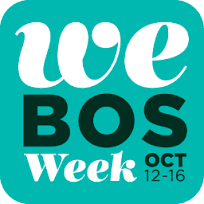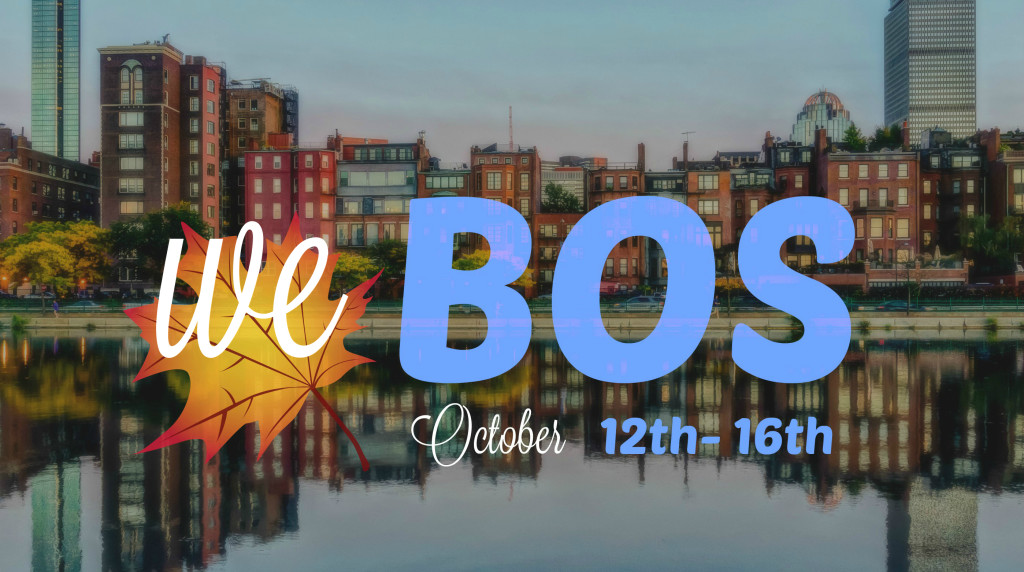A new initiative in Boston seeks to close the gender gap in business ownership and success. In 2012, women owned about 36% of all small businesses in the US; however, men-owned firms average a 67.9% higher profit margin. Boston Mayor Marty Walsh recently announced WE BOS, a plan to help establish and grow women-owned businesses in Massachusetts with training, networking, and business counsel.
Problem #1: Massachusetts Lags in Female-Owned Mid-Markets
A recent report by American Express and Dun and Bradstreet examined women and minority ownership of “middle-market” businesses. These are defined as businesses with annual revenue above $10 million but below $1 billion. There are approximately 4,000 such businesses in Massachusetts. Only 5% of these businesses are owned mostly by women; a paltry 14% have female chief executives.
Problem #2: Obstacles Include Lack of Access to Funding
Women-owned businesses often face obstacles when trying to get the necessary funding and support to grow. About 2% of venture capital funding is dedicated to women-owned businesses. This may be a consequence of Problem #1—that there aren’t enough women in leadership positions to even receive funding. A recent study by Babson College found that only 6% of venture capital firms have even a single female partner. Over the past ten years, the number of women-owned businesses in MA (and their success rates) has steadily increased, but not nearly as fast we’d like it to.
Solution: WE BOS Seeks to Boost Women in Business
The news is not all bleak. The AMEX and Dun and Bradstreet survey indicates that women-owned businesses able to crack into the middle-market tend to have higher rates of both revenue and employment growth—they just need a little help getting through the door. Massachusetts leaders have taken the initiative to get women-owned businesses on their feet and put them in a position for growth.
The initiative is called Women Entrepreneurs Boston (WE BOS). The group, which will offer skill training, technical assistance, and other services to women-owned businesses, will be led by Kara Miller. Miller said “I am thrilled to expand our reach to women-owned businesses through WE BOS.” She mentioned that the organization’s goals are to both support and create women entrepreneurs in Boston.
 WE BOS Becomes Part of Women Entrepreneurs Week in October 2015
WE BOS Becomes Part of Women Entrepreneurs Week in October 2015
Miller’s initiative has been up-and-coming for a couple years now and will finally launch on October 12th. The date also marks the beginning of Boston’s inaugural Women Entrepreneurs Week. Throughout the week, women entrepreneurs will be able to attend workshops, speakers, roundtable discussions, and will have the opportunity to meet and connect with others. You can find a full list of events here, many of which are free to attend.
WE BOS joins other local endeavors designed to assist women in business such as Innovation Women and the Women on Main Initiative. Although Massachusetts businesses—along with those of the rest of the nation—are still far less diversified as they should be, these recent efforts will hopefully move us in a better direction.
Are you interested in attending any of the events at Women Entrepreneurs Week? Do you have any advice for women-owned businesses in MA, or business owners in general?









